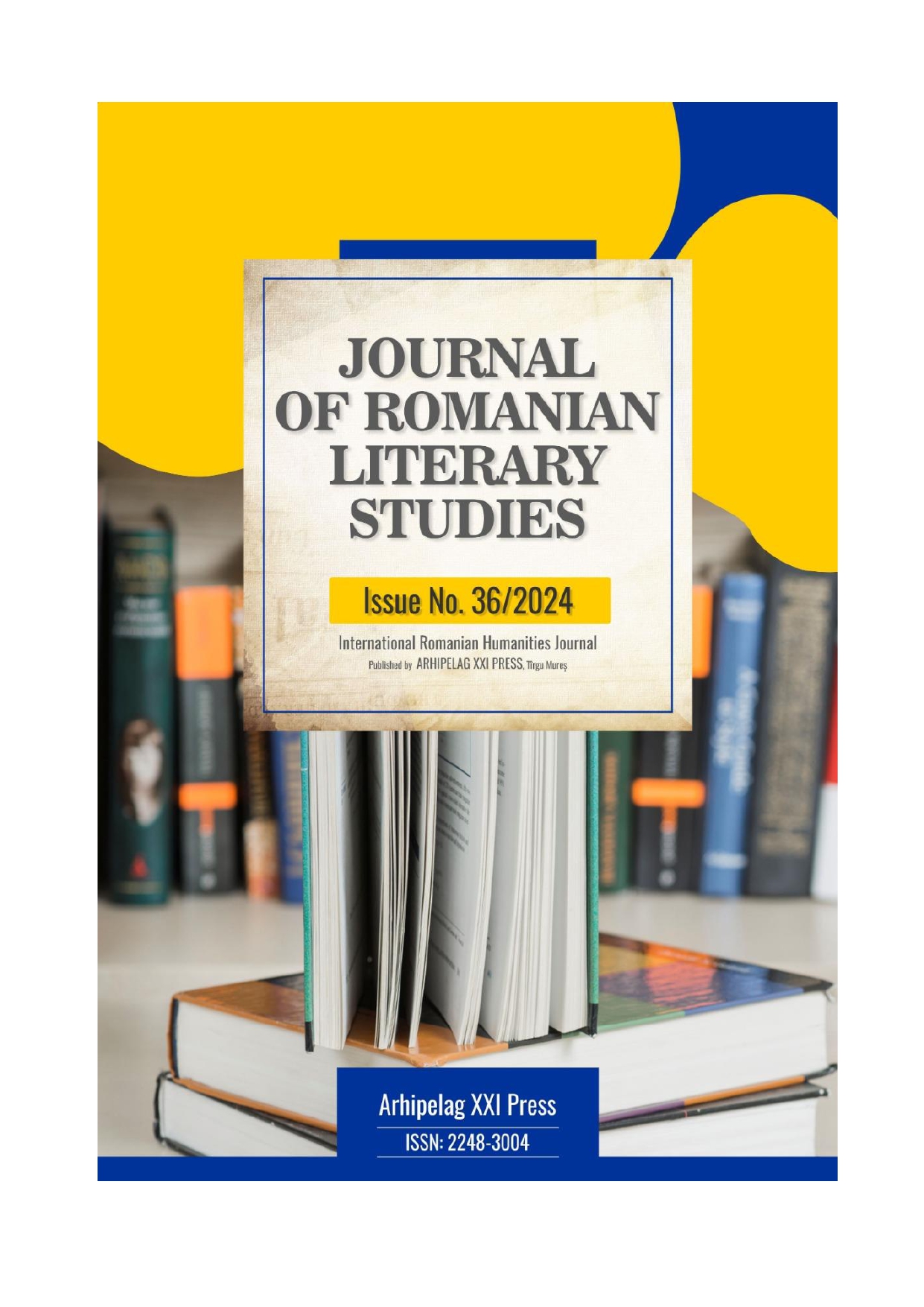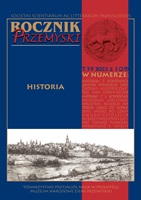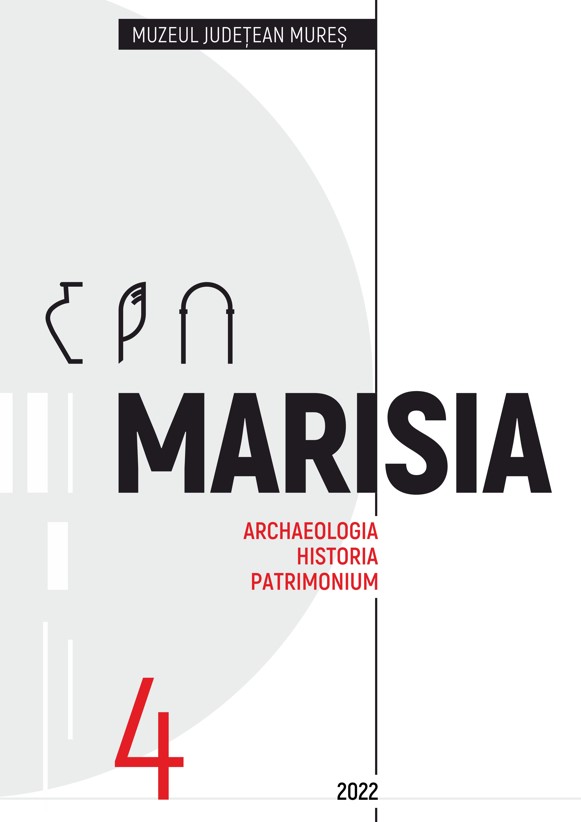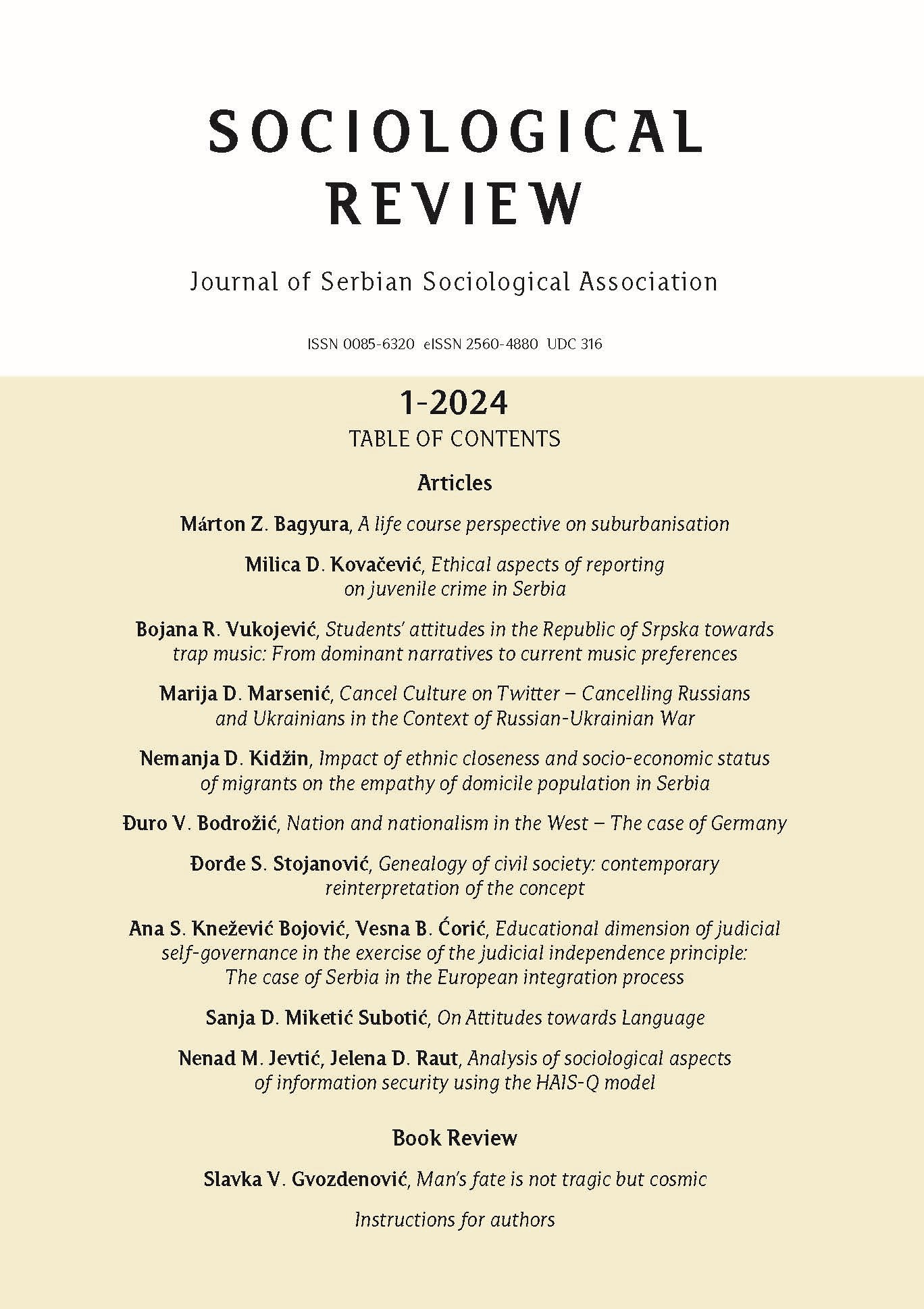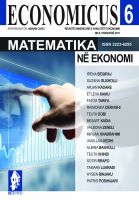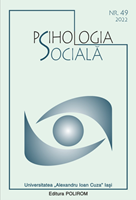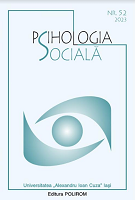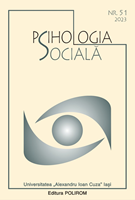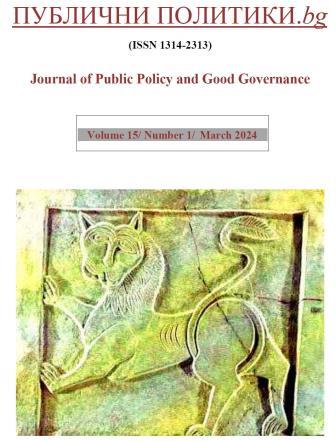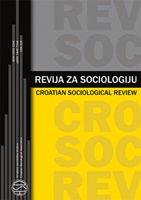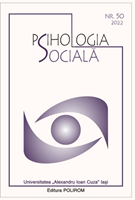
Utilizarea eficientă a cooperării şi competiţiei în contexte formativ‑educative
Cooperation and competition are modes of social interdependence with multiple effects on a personal and interpersonal level. Although they have a considerable history in social and educational psychology, it seems that they have not lost their ideological force and practical influence in the 21st century. The aim of this article is to present some of the specific features of the dynamics of cooperative and competitive situations which can then be used to optimize various educational training approaches. As a result, the text is structured in four parts organized as follows: the first part is dedicated to presenting the theory of social interdependence and how cooperation and competition work through the interdependence of members of a group. In the next section we have analyzed cooperation and competition in terms of the effects they produce on a personal and interpersonal level, the last two sections presenting details of the specific ways in which the two forms of social interdependence are produced.
More...
